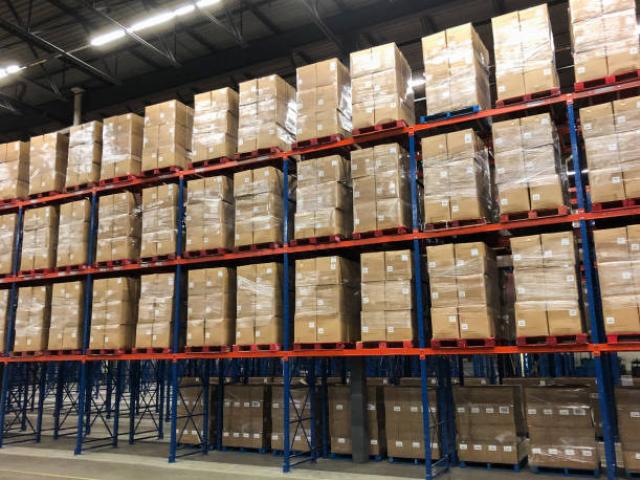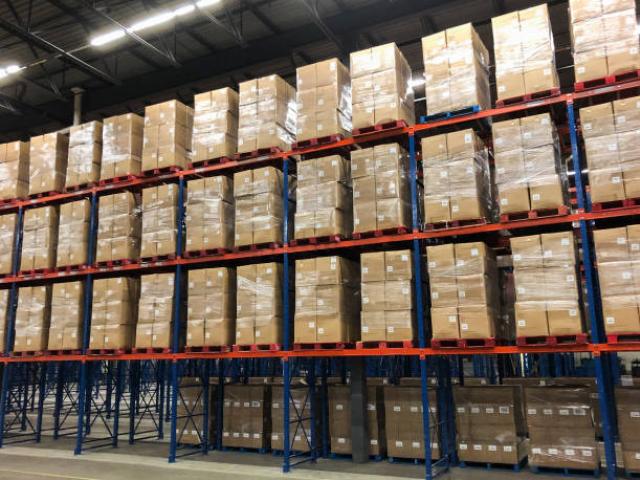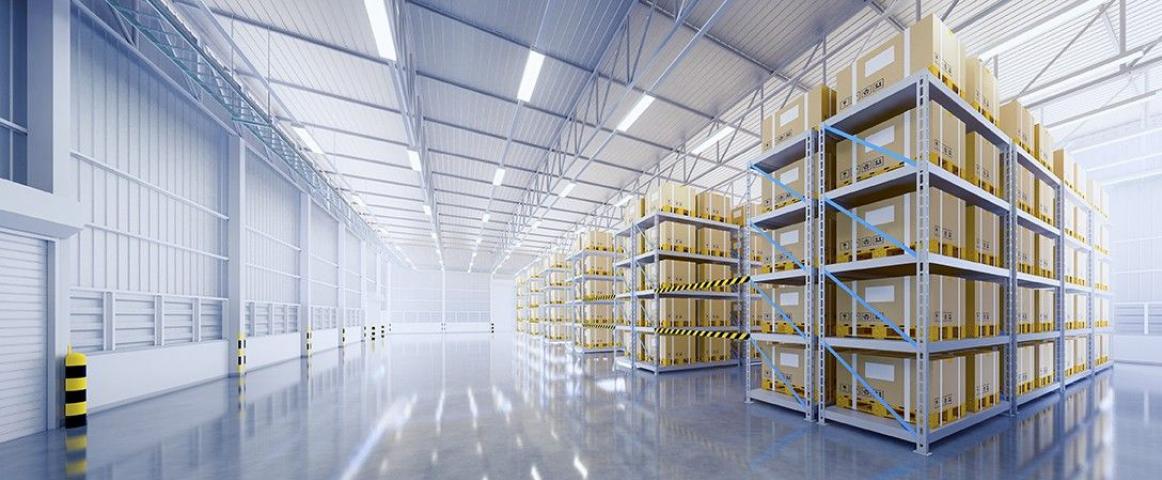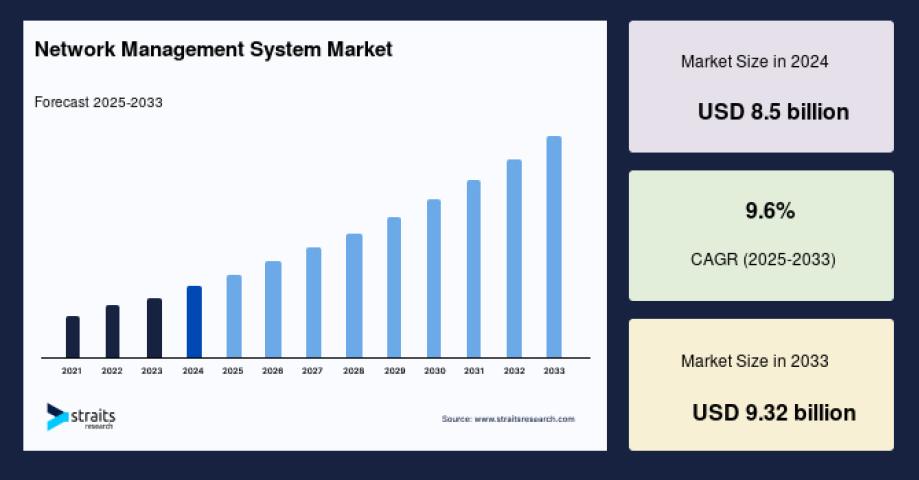As we move further into the 21st century, artificial intelligence is rapidly reshaping industries, streamlining operations across sectors such as real estate, travel, insurance, banking, construction, and manufacturing. The retail and logistics industries are also embracing AI, integrating it into warehouse management to enhance efficiency and accuracy.
This article explores key AI use cases in warehouse management, highlighting the benefits, challenges, real-world applications, and future trends shaping the industry.
AI in Warehousing: Key Use Cases
AI is revolutionizing several aspects of warehouse management, optimizing workflows and improving decision-making in critical areas.
1. Demand Forecasting and Inventory Management
Warehouse managers often struggle with accurately predicting demand, leading to either overstocking or stock shortages. AI-powered forecasting tools analyze vast amounts of data with ease, helping businesses:
- Anticipate demand fluctuations, especially in high-traffic urban areas.
- Ensure mission-critical supplies (e.g., packaging materials) are always available.
- Minimize waste and reduce storage costs by optimizing inventory levels.
2. Workflow Automation
AI-driven robotics and automation tools streamline warehouse operations by handling repetitive tasks such as:
- Sorting, transporting, and storing goods autonomously.
- Reducing human workload, allowing employees to focus on higher-value tasks requiring problem-solving and oversight.
- Enhancing speed and efficiency, improving overall warehouse productivity.
By integrating AI into warehouse management, companies can enhance efficiency, reduce operational costs, and stay competitive in an increasingly automated world.
Read the full article.














